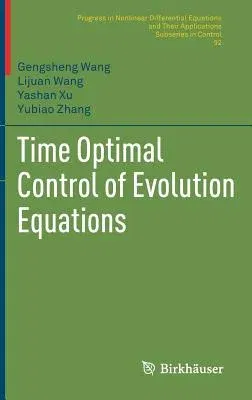Gengsheng Wang
(Author)Time Optimal Control of Evolution Equations (2018)Hardcover - 2018, 31 August 2018

Qty
1
Turbo
Ships in 2 - 3 days
In Stock
Free Delivery
Cash on Delivery
15 Days
Free Returns
Secure Checkout

Part of Series
Progress in Nonlinear Differential Equations and Their Appli
Part of Series
Pnlde Subseries in Control
Part of Series
Pnlde Sub Control
Print Length
334 pages
Language
English
Publisher
Birkhauser
Date Published
31 Aug 2018
ISBN-10
3319953621
ISBN-13
9783319953625
Description
Product Details
Book Edition:
2018
Book Format:
Hardcover
Country of Origin:
NL
Date Published:
31 August 2018
Dimensions:
23.39 x
15.6 x
2.06 cm
ISBN-10:
3319953621
ISBN-13:
9783319953625
Language:
English
Location:
Cham
Pages:
334
Publisher:
Series:
Weight:
666.78 gm